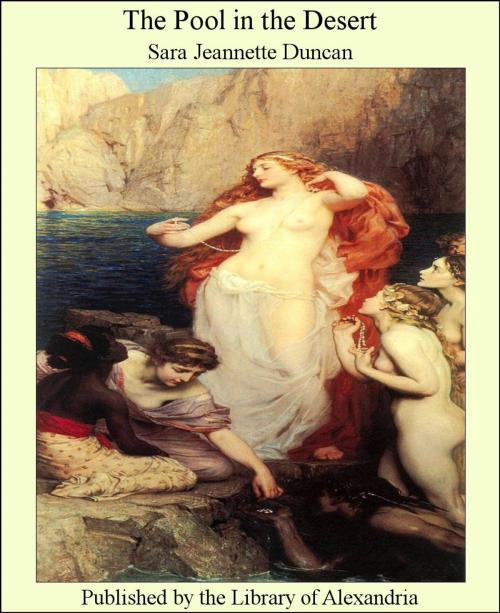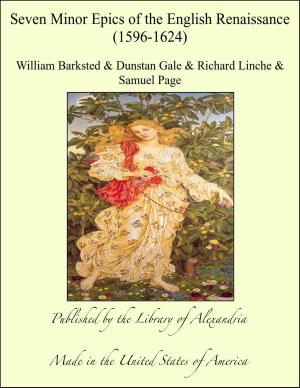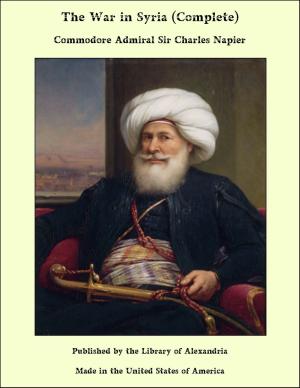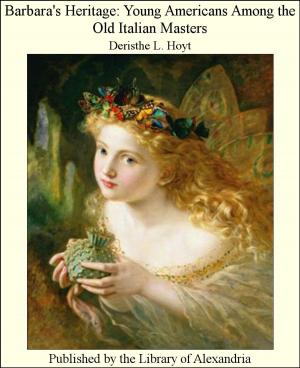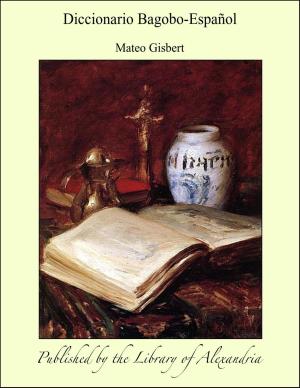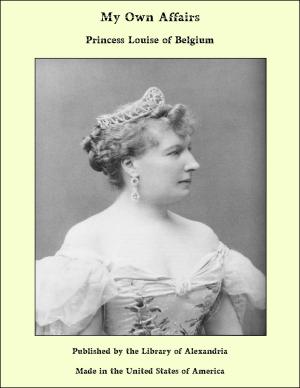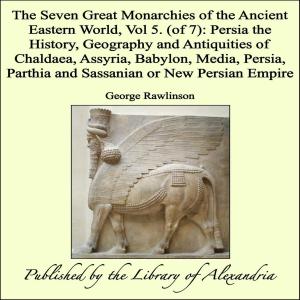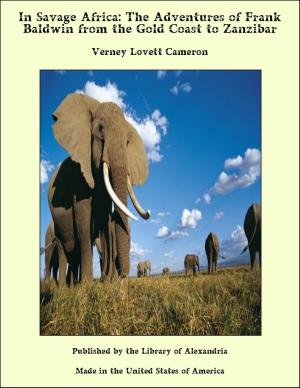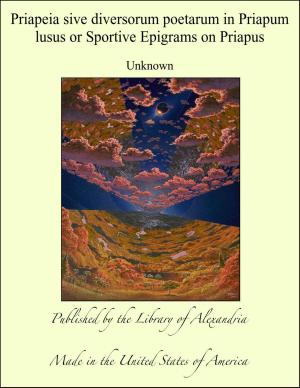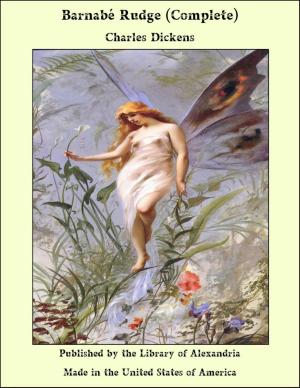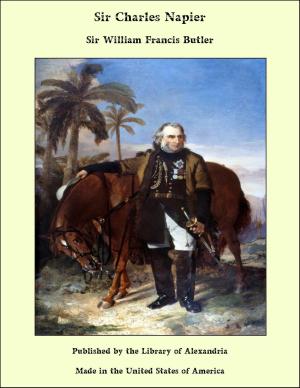| Author: | Sara Jeannette Duncan | ISBN: | 9781465526281 |
| Publisher: | Library of Alexandria | Publication: | March 8, 2015 |
| Imprint: | Language: | English |
| Author: | Sara Jeannette Duncan |
| ISBN: | 9781465526281 |
| Publisher: | Library of Alexandria |
| Publication: | March 8, 2015 |
| Imprint: | |
| Language: | English |
There were times when we had to go without puddings to pay John's uniform bills, and always I did the facings myself with a cloth-ball to save getting new ones. I would have polished his sword, too, if I had been allowed; I adored his sword. And once, I remember, we painted and varnished our own dog-cart, and very smart it looked, to save fifty rupees. We had nothing but our pay—John had his company when we were married, but what is that?—and life was made up of small knowing economies, much more amusing in recollection than in practise. We were sodden poor, and that is a fact, poor and conscientious, which was worse. A big fat spider of a money-lender came one day into the veranda and tempted us—we lived in a hut, but it had a veranda—and John threatened to report him to the police. Poor when everybody else had enough to live in the open-handed Indian fashion, that was what made it so hard; we were alone in our sordid little ways. When the expectation of Cecily came to us we made out to be delighted, knowing that the whole station pitied us, and when Cecily came herself, with a swamping burst of expense, we kept up the pretense splendidly. She was peevish, poor little thing, and she threatened convulsions from the beginning, but we both knew that it was abnormal not to love her a great deal, more than life, immediately and increasingly; and we applied ourselves honestly to do it, with the thermometer at a hundred and two, and the nurse leaving at the end of a fortnight because she discovered that I had only six of everything for the table. To find out a husband's virtues, you must marry a poor man.
There were times when we had to go without puddings to pay John's uniform bills, and always I did the facings myself with a cloth-ball to save getting new ones. I would have polished his sword, too, if I had been allowed; I adored his sword. And once, I remember, we painted and varnished our own dog-cart, and very smart it looked, to save fifty rupees. We had nothing but our pay—John had his company when we were married, but what is that?—and life was made up of small knowing economies, much more amusing in recollection than in practise. We were sodden poor, and that is a fact, poor and conscientious, which was worse. A big fat spider of a money-lender came one day into the veranda and tempted us—we lived in a hut, but it had a veranda—and John threatened to report him to the police. Poor when everybody else had enough to live in the open-handed Indian fashion, that was what made it so hard; we were alone in our sordid little ways. When the expectation of Cecily came to us we made out to be delighted, knowing that the whole station pitied us, and when Cecily came herself, with a swamping burst of expense, we kept up the pretense splendidly. She was peevish, poor little thing, and she threatened convulsions from the beginning, but we both knew that it was abnormal not to love her a great deal, more than life, immediately and increasingly; and we applied ourselves honestly to do it, with the thermometer at a hundred and two, and the nurse leaving at the end of a fortnight because she discovered that I had only six of everything for the table. To find out a husband's virtues, you must marry a poor man.
